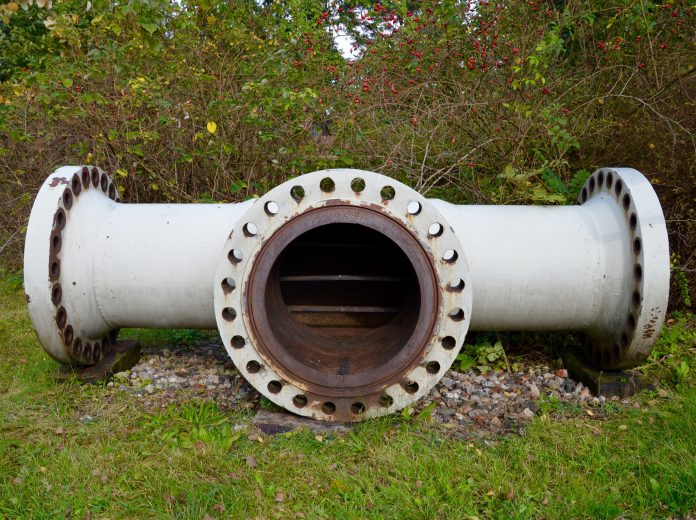The European Commission has found Bulgarian and Greek plans to support the construction and operation of a natural gas interconnector to be in line with EU State aid rules. The project will contribute to the security and diversification of EU energy supplies without unduly distorting competition.
“The new gas interconnector between Greece and Bulgaria will increase the security of energy supply and enhance competition, to the benefit of citizens in the region. We have approved the support measures to be granted by Bulgaria and Greece because they are limited to what is necessary to make the project happen and therefore are in line with our State aid rules,” said Commissioner Margrethe Vestager, in charge of competition policy.
The measures approved today by the Commission will support the construction and operation of a 182 kilometres cross-border gas interconnector (called “IGB”) between Greece (Komotini) and Bulgaria (Stara Zagora). The gas interconnector is designed to transport 3 billion cubic meters/year (bcm/y) of natural gas from Greece to Bulgaria by 2021. A potential later phase of the project could increase this capacity to 5 bcm/y and allow physical reverse flow capacity from Bulgaria to Greece.
IGB will be owned by ICGB AD, a 50-50 joint venture between the IGI Poseidon consortium (which includes Edison of Italy and Greek gas incumbent DEPA) and BEH, the Bulgarian gas incumbent.
The total investment cost for the realisation of the IGB interconnector amounts to €240 million. This will be financed through:
a direct equity contribution of €46 million from the joint venture shareholders;
a contribution of €45 million from the European Energy Programme for Recovery (EEPR), which is centrally managed by the European Commission;
a loan of €110 million granted by the European Investment Bank (EIB) to BEH (and subsequently passed-on to ICGB AD); and
a direct financial contribution of €39 million from the Bulgarian State budget via the Bulgarian Operational Programme “Innovation and Competitiveness” 2014-2020 (OPIC).
Bulgaria and Greece notified the Commission of the following measures to support the investment, which involve State aid within the meaning of EU State aid rules:
An unconditional state guarantee to be granted by the Bulgarian State to BEH to cover the €110 million loan that the company will receive from the EIB. This guarantee will be granted to BEH free of charge.
The €39 million direct financial contribution by Bulgaria via the Bulgarian OPIC programme.
A fixed corporate tax regime that will apply to ICGB AD for 25 years from the start of commercial operations and will be governed by an intergovernmental agreement between Bulgaria and Greece.
The Commission assessed these support measures under EU State aid rules, in particular its 2014 Guidelines on State Aid for Environmental Protection and Energy. The Commission found that:
the project will contribute to further key strategic objectives of the EU, including the diversification of gas supply sources and increase the EU’s security of gas supply;
the aid measures are necessary, in the sense that the project would not be carried out absent the aid. In this respect, a financial analysis of the project carried out by the Commission has shown that recouping the investment costs exclusively from the tariffs charged to use the interconnector would not be feasible
the aid measures are proportionate and therefore limited to the minimum necessary. In particular, the Commission found that the support provided by the OPIC grant, the state guarantee and the fixed corporate tax regime does not go beyond what is necessary to trigger the investment (i.e., they will only cover the “funding gap”);
the aid measures will not unduly distort competition. In this respect, under the rules in place, neither BEH in Bulgaria nor DEPA in Greece are allowed to book more than 40% of the capacity of the new interconnector at the entry points to Bulgaria and Greece, respectively. As a result, at least 60% of the new capacity will be open to competitors that want to sell gas in these markets.
The Commission therefore concluded that the Bulgarian and Greek support measures for the construction and operation of the IGB natural gas interconnector are in line with EU State aid rules and will contribute to the objectives of security of supply, diversification of energy sources and increased competition in EU energy markets.
The IGB has been included in the list of European Projects of Common Interest, given its strategic importance for the diversification of natural gas supplies into Eastern Europe through the Trans Adriatic Pipeline (at present 98% of gas imports in Bulgaria come from a single source). The IGB pipeline will connect the DESFA and TAP gas transmission systems in Greece with the gas transmission system in Bulgaria.

